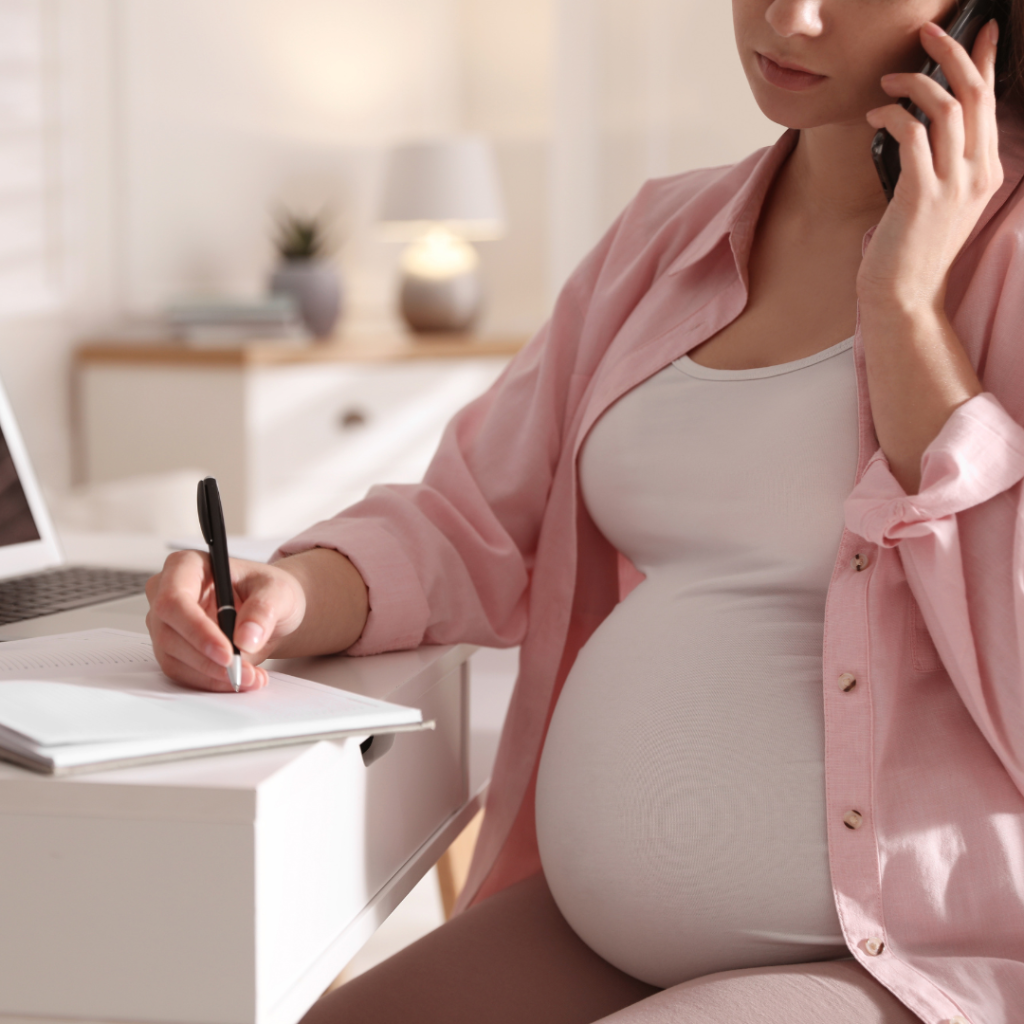Unfortunately, COVID-19 is still alive and kicking, with many still catching the virus despite the vaccination roll-out. The lasting effects of the virus appear to be affecting individuals in different ways, with some losing their sense of smell and taste for prolonged periods, whilst others have developed respiratory conditions.
The question being asked by many, is whether the long-lasting effects of COVID-19, would now mean they are considered to be disabled?
What is a disability?
Under the Equality Act 2010, a disability is defined as a physical or mental impairment that has a ‘substantial and long-term’ adverse effect on a person’s ability to carry out normal day-to-day activities.
‘Long-term’ means the impairment:
- Has lasted or will last for at least 12 months; and
- Can come and go or is likely to last for the rest of the person’s life.
Is long-covid likely to be covered?
Long-covid is still a new illness and it may take time to understand its full effects on an individual and their day-to-day activities. Covid itself affects a person’s day-to-day activities, and the after affects are understood to last or go on for several months. The effects of long covid could also cause other impairments, yet to be distinguished.
Common long COVID symptoms include:
- Extreme tiredness (fatigue);
- Shortness of breath;
- Chest pain or tightness;
- Problems with memory and concentrations (brain fog);
- Difficulty sleeping (insomnia);
- Heart palpitations;
- Dizziness;
- Pins and needles;
- Joint pain;
- Depression and anxiety;
- Feeling sick, diarrhoea, stomach aches; and
- A high temperature, cough, headaches, sore throat, and changes to sense of smell or taste.
Not every case of long-covid is the same, and currently there is no medical definition of what long-covid is, how long it will last, and what effects this has on an individual’s day-to-day activities. To be considered as a disability, a person has to have suffered or is likely to suffer from the impairment for 12 or more months. As COVID-19 has only just been with us for 18 months, many are unlikely to know the full extent of how long they will suffer from the above affects. It is for a medical professional to define this on an individual basis.
Should an employer presume an individual is likely to be disabled if suffering from long-covid?
No! Not all the above symptoms are likely to mean an individual is disabled, and therefore our advice to employers is to assess this on a case-by-case basis and seek legal advice.
For example, after suffering from COVID-19, an individual may lose their sense of taste and smell for a period of 12 months. However, as this is unlikely to affect their day-to-day activities, it may not be considered a disability. (Unless they are a smell and tasting expert ha!)
Ultimately the decision as to whether an employee is disabled falls to an employment tribunal judge and therefore you as the employer cannot make this determination.
Our advice to employers is to focus more on what adjustments could be provided for those employees struggling, rather than trying to work out if an employee’s condition is a disability.
Key Considerations for employers
Should I consider reasonable adjustments for somebody with long covid?
By law, an employer must consider making reasonable adjustments when:
- they know, or could be expected to know, an employee or job applicant has a disability;
- an employee or job applicant with a disability asks for adjustments;
- an employee with a disability is having difficulty with any part of their job; or
- an employee’s absence record, sickness record or delay in returning to work is because of or linked to their disability.
The employer must make the changes if they’re reasonable.
What is reasonable?
What’s ‘reasonable’ will depend on each situation. The employer needs to consider carefully if the adjustment:
- will remove or reduce the disadvantage for the person with the disability;
- is practical to make;
- is affordable by the employer or business; or
- could harm the health and safety of others
Avoiding discrimination
As well as disability discrimination, employers should be careful to avoid other types of discrimination when considering long covid.
Medical studies have shown that Long COVID affects the following individuals more severely:
- Older people;
- Some ethnic groups; and
Therefore, employers must avoid discriminating by age, disability, race, or sex. To find out more about discrimination in the workplace, please click here.
Next Steps
If you have an employee who is suffering from long-covid, and you require advice around reasonable adjustments and discrimination, just call us on 0333 888 1360 or email us at [email protected] and one of our specialist HR advisors or Employment Lawyers will be able to assist you further.
We are in Your Corner
For advice or for a free assessment contact us today







